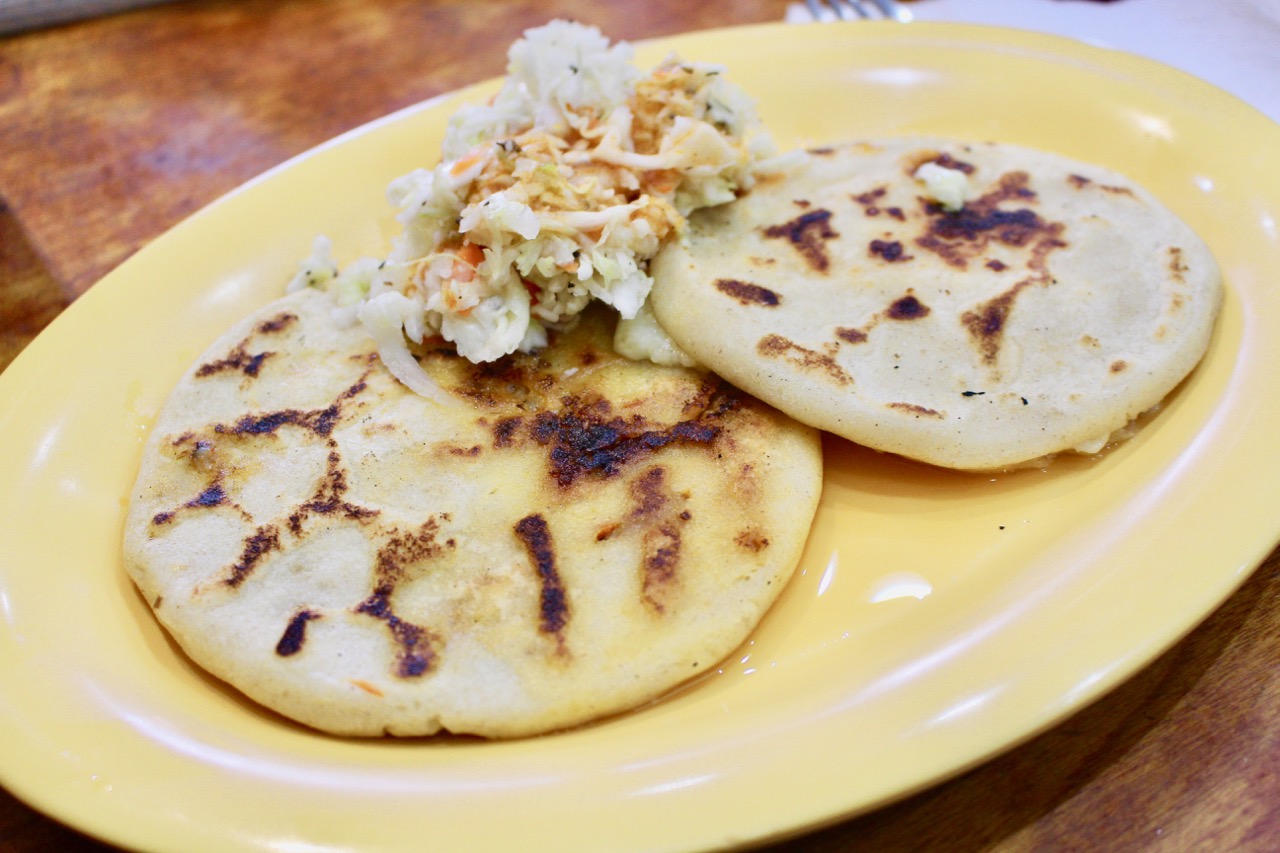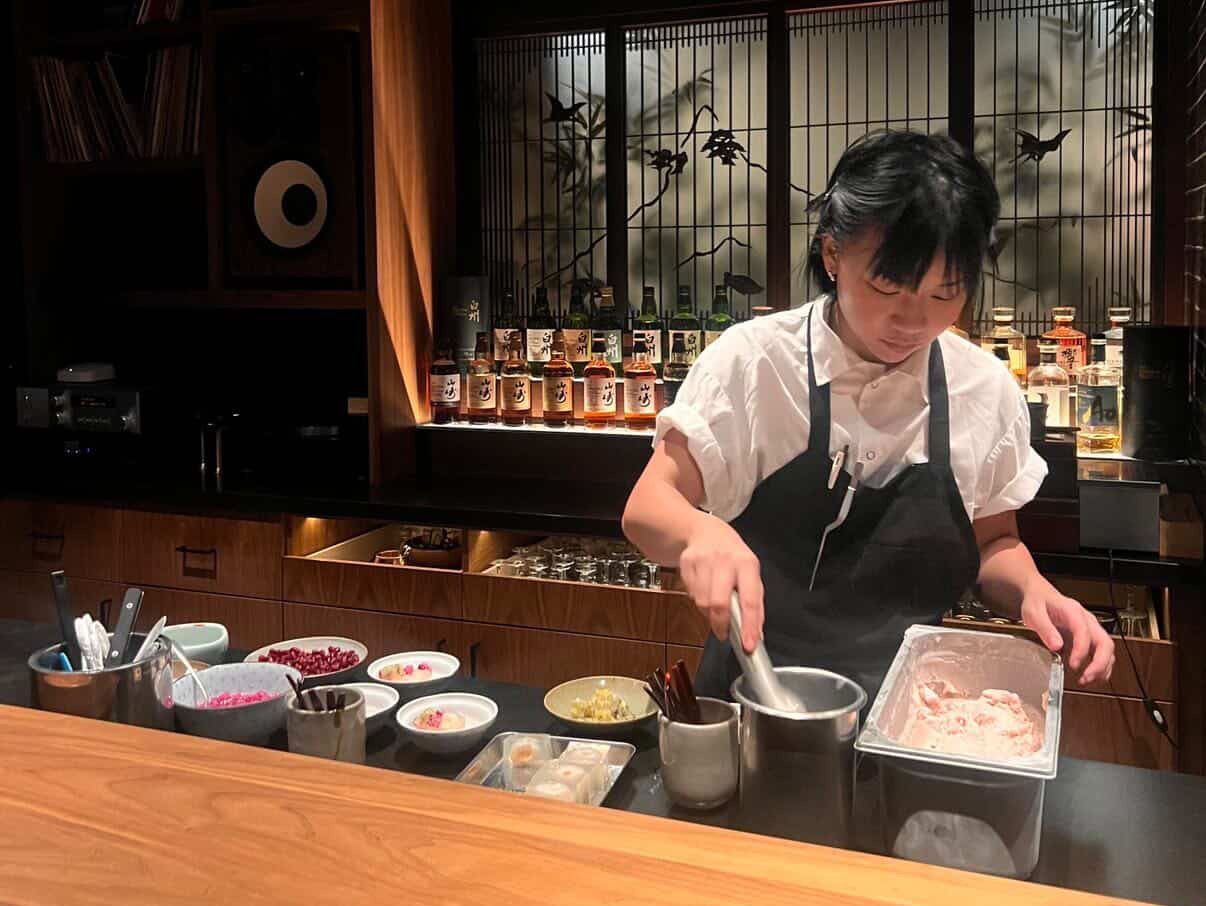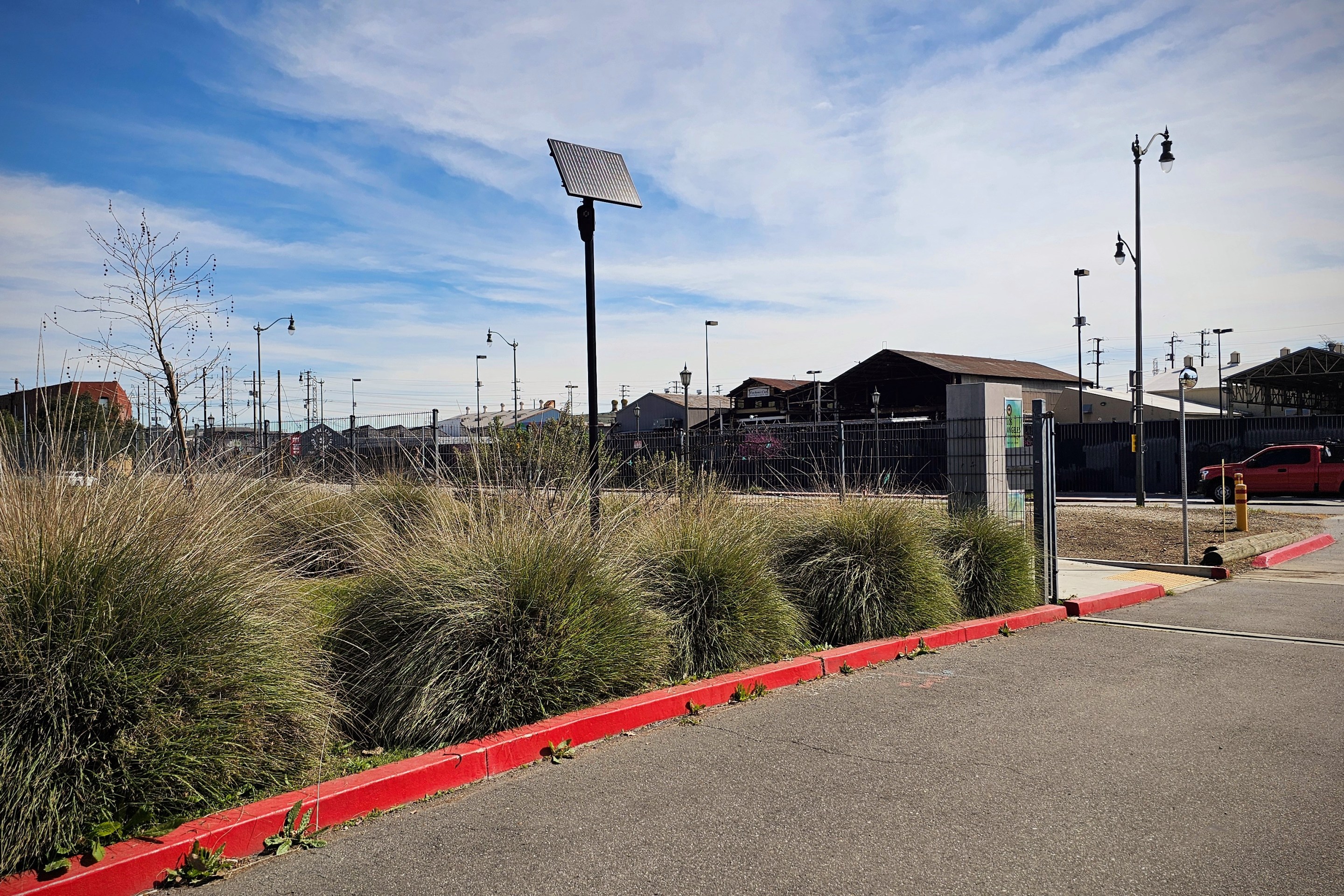With the news of TPS (Temporary Protected Status) ending, the Salvadoran community is in navigation mode. There are more than 50,000 Salvadorans with TPS in Los Angeles. As each of one of them starts counting the days of the next 18 months--awaiting news of their future in the United States or making plans to re-enter a country they haven't seen in more than a decade--Angelenos of all backgrounds have their very own dreadful countdown to helm.
Who will make our pupusas?
“Within the community, my sales have dropped by at least 30%,” says Salvador Sanchez. He is the 60-year-old owner of Mama’s International Tamales, a popular Salvadoran restaurant in Westlake. “This started months ago, a lot of my customers are saving. They are preparing to return.” He attributes this to his loyal clientele with TPS gearing up for the worst-case scenario. In turn, they are limiting their spending.
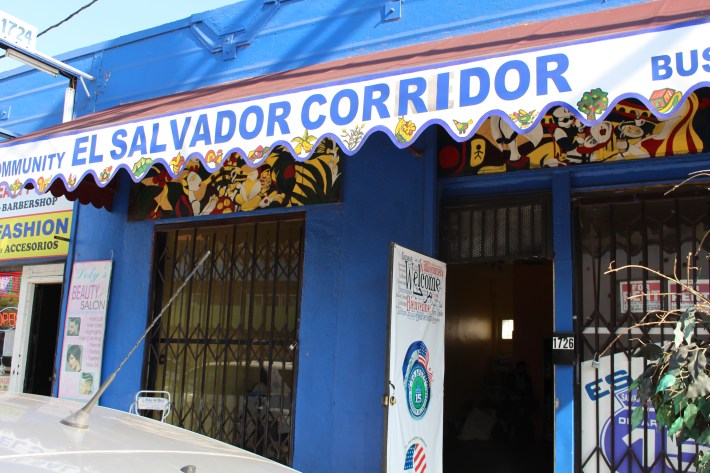
However, it's not all about the loss of sales. Sanchez explains that if one out of ten Salvadorans is deported or if a path isn’t paved for them to stay legally, maintaining the cultural customs and culinary Salvadoran traditions in LA will become more difficult for those who stay. “If we don’t offer our culture to our children, our children start to change and perhaps they won’t be interested in their culture.” To separate families would interrupt the intergenerational exchange that the culture and the stories, recipes, and customs that depend on.
LA is home to over 90 Salvadoran restaurants and each one has done has dutifully fed the working class Salvadoran community, generation after generation. Sanchez admits that he never thought he would be serving vegan pupusas, but his younger Salvadoran customers kept asking him for it. Now, he has an entirely vegan menu. “I could have never imagined vegan pupusas, but it tastes authentic.”
Miguel Carranza, 47, owner of El Corredor restaurant on the El Salvador Corridor, south of Koreatown, worries about who he will hire if TPS isn’t extended. His employees are currently protected. “It’s difficult to find people who have abilities in the kitchen. I’d like to see an Anglo American try to cook or work the way we do here.” On any given day, El Corredor makes 1,300 perfectly griddled pupusas. His restaurant is a popular spot in the neighborhood, especially on Thursdays when pupusas are $1. Deals like this are especially appreciated by families looking to eat out in a city where affordable food is becoming harder and harder to find.
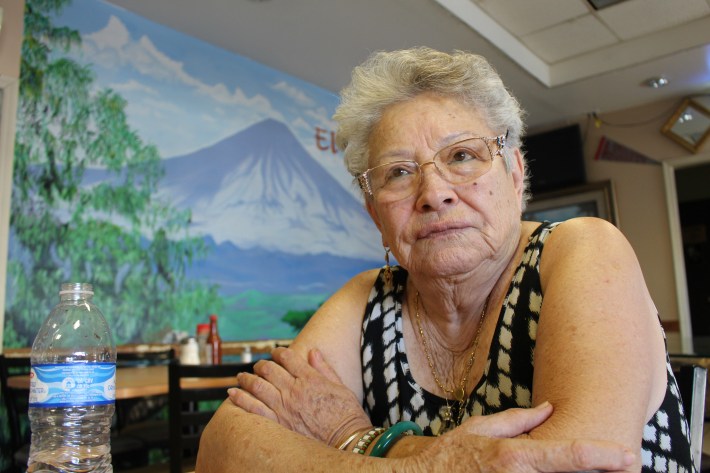
“You can train someone to work with a computer, the internet, and many things, but when it comes to food, you have to have sazon.” This can be translated to a combination flavor and finesse in the kitchen. In Latin American culture, you either possess this quality or you don’t. He laughs in frustration trying to explain what’s required to be a Salvadoran cook. “It may sound illogical to someone who doesn’t understand, but they are irreplaceable because they understand the food.” He continued, “ It comes from inside; the sazon.” Carranza encourages his staff to always serve their customers the way they would like to be served, never taking for granted that they get to make delicious food and feed people.
Carranza, just like Sanchez, feels their businesses add a lot to the local economy and don’t find it fair to have their productivity interrupted by this new change. “I really hope that what’s happening with TPS is just Trump playing the game of politics.” Nonetheless, Carranza is trying to stay positive.
“I’m telling my employees to not focus on racism and just keep moving forward.”
The authenticity of cuisine and future innovations in LA’s vibrant food scene largely depends on immigrants. Whether undocumented, DACA recipients or under TPS, immigrants boost the economy of our country by way of their labor in the foodservice industry.
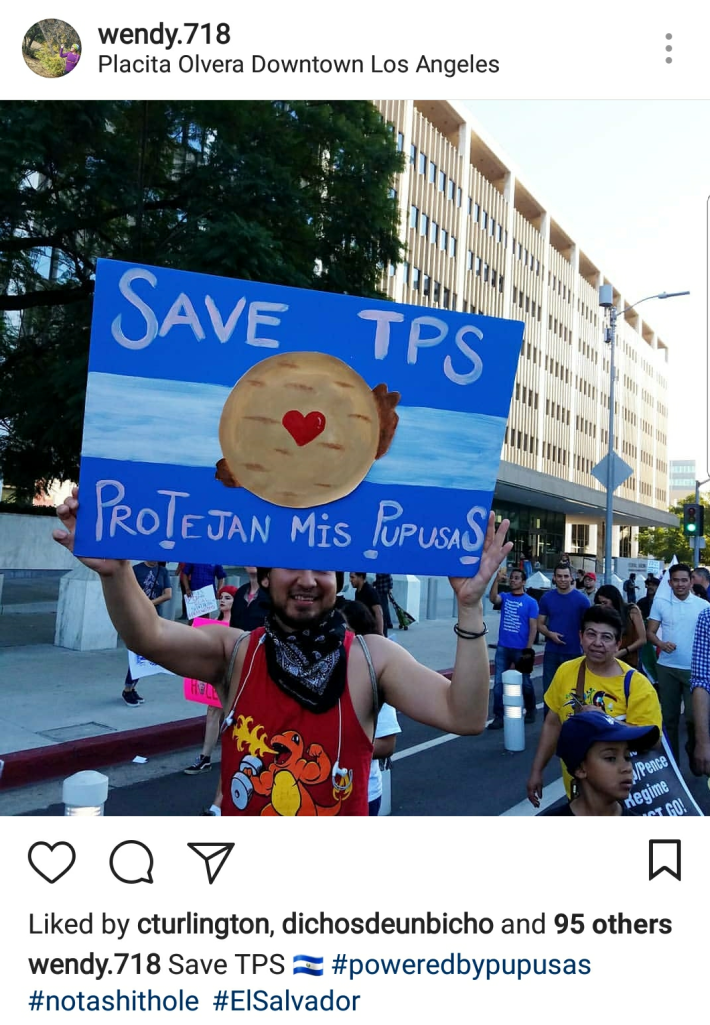
Maria Isabel Montenegro, 73, owner of El Migueleño is not so optimistic. “We’re screwed,” she said when asked about the topic as she sat at the center table in her empty restaurant. Fridays during dinnertime usually brought a rush of hungry customers, but not last week when TPS was publicized. She shared that this news reminded her of a time when immigration officers would go to schools, parks, workplaces, buses, and arrest people if they couldn’t produce legal documentation. She is one of the few Salvadoran female restaurant owners who also owns the property. She has been in business for more than 40 years.
There was a moment when her already hoarse voice broke and her eyes watered while she explained her reaction to President Trump's recent comment about “shithole” immigrants. “For 53 years, I’ve lived in this country. I’ve taught myself to love this country. But it hurts, to know how [President Trump] has offended the country I was born in. When the United States needed people in Iraq, El Salvador was right there reporting [for duty]. I have never once seen or heard this country give thanks for the Salvadoran soldiers who have served with their lives. There are no words to assimilate that.”
The waves of panic, chaos, and change have already created rough waters for the Salvadoran community, but only time (and Congress) will tell how these changes will erode the shores of Los Angeles’ diverse palette and appetite for authentic food experiences.
